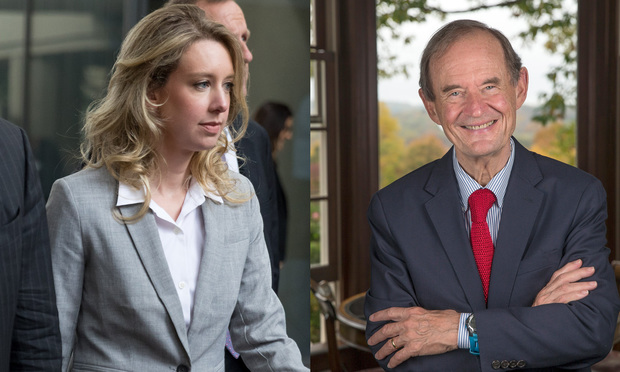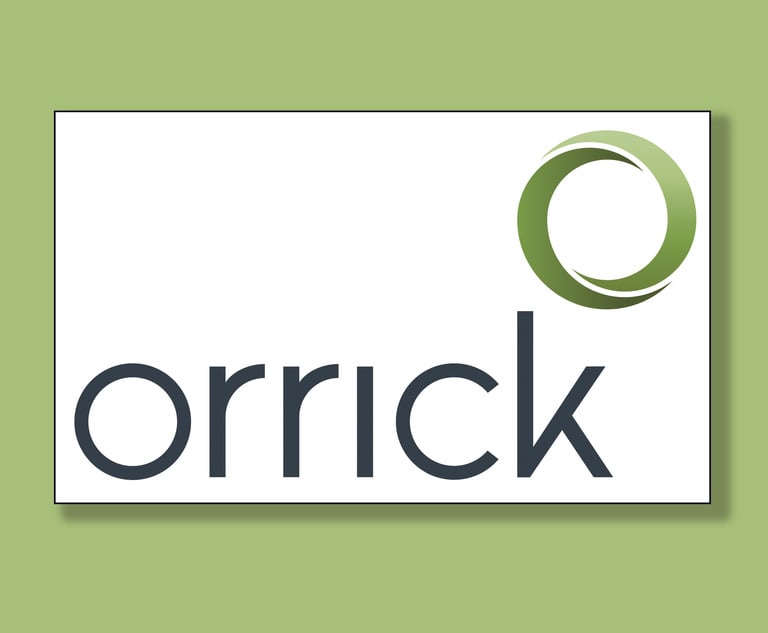Prosecutors in the federal fraud case against Elizabeth Holmes claim that more than a dozen communications between Holmes and Boies Schiller Flexner are not covered by the attorney-client privilege because the firm didn’t represent the Theranos founder personally and the company has waived its privileges. But Holmes’ attorneys claim her “unique” relationship with the firm means those communications are protected.
These types of attorney-client privilege disputes arise with surprising frequency in corporate investigations, and the issue will continue to be litigated despite evolving case law, according to some white-collar lawyers.
This content has been archived. It is available through our partners, LexisNexis® and Bloomberg Law.
To view this content, please continue to their sites.
Not a Lexis Subscriber?
Subscribe Now
Not a Bloomberg Law Subscriber?
Subscribe Now
LexisNexis® and Bloomberg Law are third party online distributors of the broad collection of current and archived versions of ALM's legal news publications. LexisNexis® and Bloomberg Law customers are able to access and use ALM's content, including content from the National Law Journal, The American Lawyer, Legaltech News, The New York Law Journal, and Corporate Counsel, as well as other sources of legal information.
For questions call 1-877-256-2472 or contact us at [email protected]


 Elizabeth Holmes, former CEO of the now-defunct Theranos, and David Boies of Boies Schiller Flexner. (Photos: Jason Doiy/courtesy photo)
Elizabeth Holmes, former CEO of the now-defunct Theranos, and David Boies of Boies Schiller Flexner. (Photos: Jason Doiy/courtesy photo)





